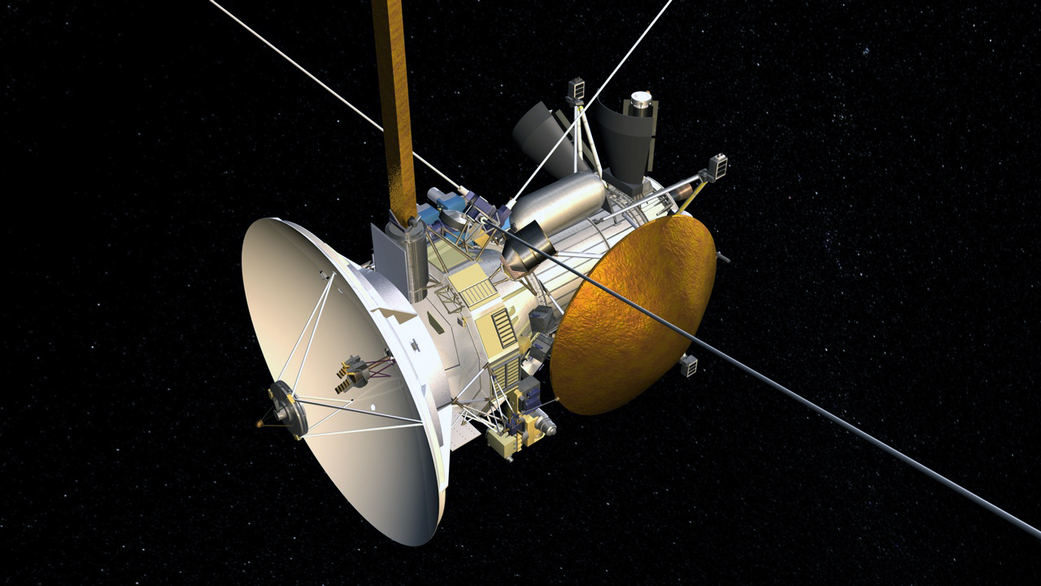ANU astronomers bid farewell to spacecraft Cassini
ANU astronomers have bid farewell to the spacecraft Cassini, which will crash into Saturn just before 10pm tonight (AEST).
Dr Brad Tucker said Cassini had changed our understanding of Saturn and its moons – from the composition of the planet’s rings to the potential for life on Enceladus and Titan.
“As Cassini hurtles towards its final destination, we will be able to see as deep as possible into Saturn,” said Dr Tucker from the ANU Research School of Astronomy and Astrophysics.
“It is an exciting time to understand our Solar System, and Cassini has set us up for future projects in the quest for knowledge and life.”
Operators are deliberately plunging Cassini into the planet to ensure Saturn's moons will remain pristine for future exploration.
“We must think carefully of what we do and be responsible stewards of our Solar System,” Dr Tucker said.
Associate Professor Charley Lineweaver said the most impressive achievement of Cassini's 20 year odyssey was the landing of the Huygens probe on the surface of Titan 12 years ago.
“The probe showed us a moon with an atmosphere 50 per cent thicker than Earth's atmosphere above a landscape sculpted by methane rain, methane rivers and methane lakes,” said Dr Lineweaver from the ANU Research School of Astronomy and Astrophysics.
“It is possible that life can be based on liquid methane rather than water.
“Another highlight is the discovery of jets of water, with some organics, spewing out of the south pole of Enceladus – another salty ocean in our Solar System. If hydrothermal vents are where life gets started, then maybe there is life inside Enceladus.”
Dr Lineweaver said Cassini’s demise would not be in vain.
“Arrivederci Cassini. You will burn up and become part of the planet that you have taught us so much about,” he said.

